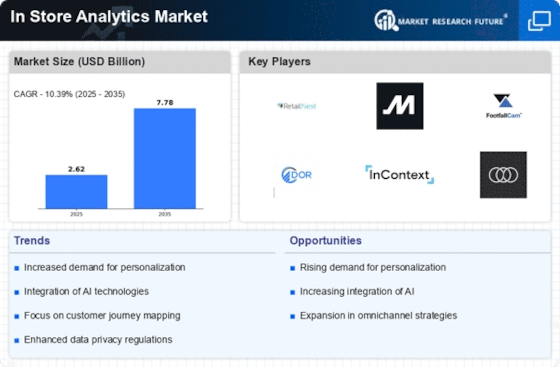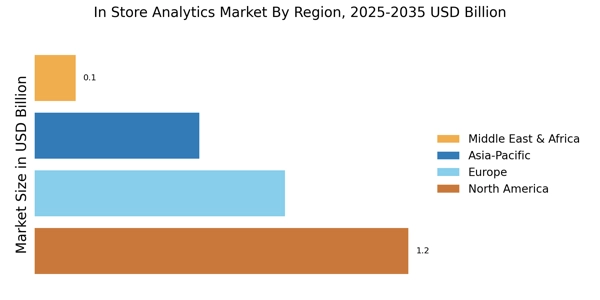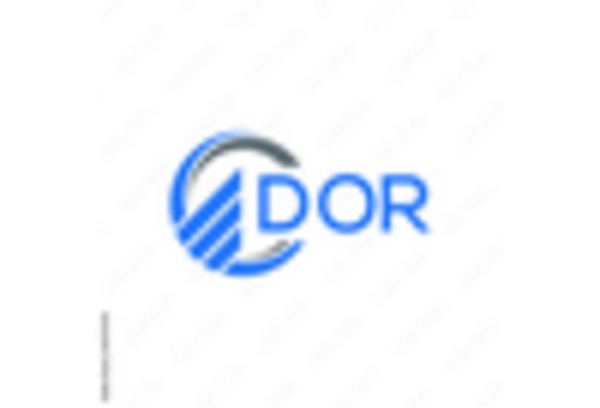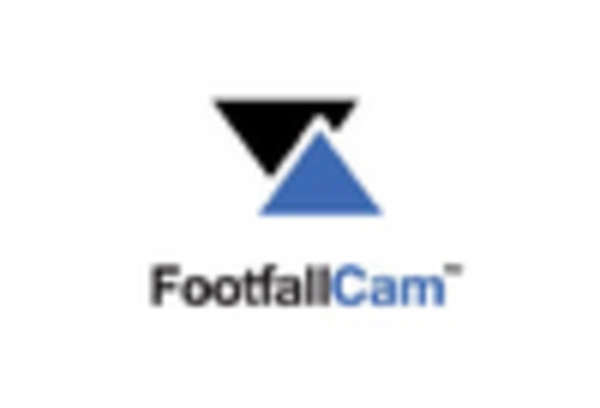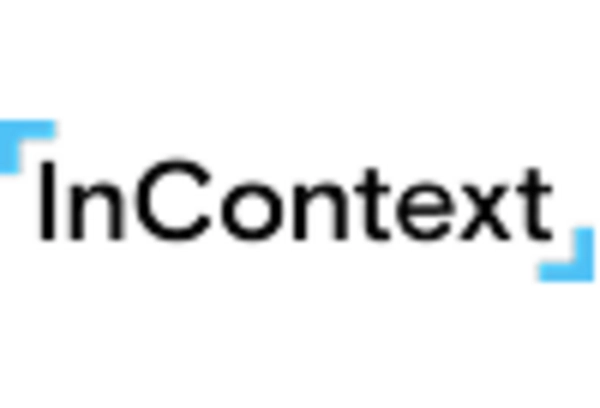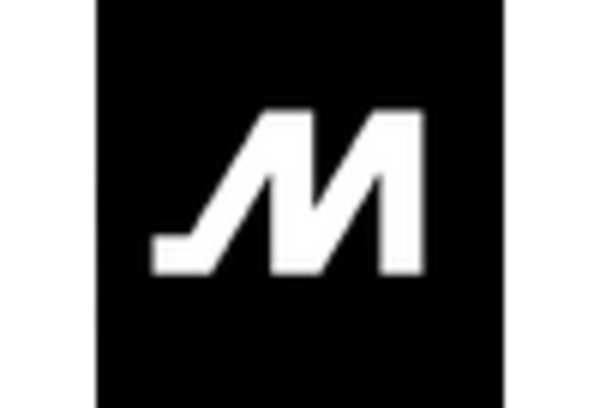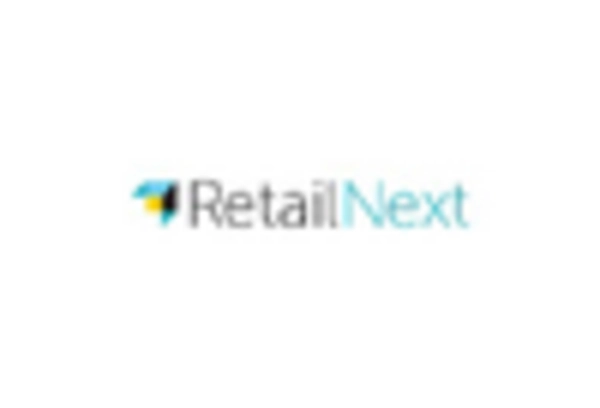Rise of Omnichannel Retailing
The in store analytics Market is significantly influenced by the rise of omnichannel retailing. Retailers are increasingly adopting a seamless shopping experience across various channels, including physical stores, online platforms, and mobile applications. This shift necessitates the use of in-store analytics to track customer interactions and preferences across different touchpoints. By analyzing data from both online and offline sources, retailers can create personalized marketing strategies that resonate with consumers. The omnichannel approach is expected to drive the in-store analytics market, as businesses seek to unify their customer data and enhance engagement. As a result, the demand for sophisticated analytics tools that can integrate data from multiple channels is likely to grow.
Focus on Operational Efficiency
The In Store Analytics Market is increasingly focused on enhancing operational efficiency. Retailers are recognizing that optimizing store operations can lead to significant cost savings and improved profitability. By utilizing in-store analytics, businesses can identify inefficiencies in inventory management, staffing, and customer service. For instance, data analytics can reveal peak shopping times, allowing retailers to allocate staff more effectively. This focus on operational efficiency is expected to drive the adoption of analytics solutions, as retailers seek to streamline processes and reduce waste. The potential for increased profitability through improved operations is likely to be a key driver for the in-store analytics market in the coming years.
Advancements in Sensor Technology
The In Store Analytics Market is benefiting from advancements in sensor technology. Innovations such as RFID, beacons, and video analytics are enabling retailers to gather real-time data on customer movements and behaviors within stores. These technologies facilitate a deeper understanding of foot traffic patterns, dwell times, and product interactions. As a result, retailers can optimize store layouts, improve product placements, and enhance overall customer experiences. The increasing adoption of these technologies is projected to contribute to the growth of the in-store analytics market, with estimates suggesting a market size of USD 3.5 billion by 2025. This trend indicates a shift towards more data-centric retail strategies, where insights derived from sensor data play a crucial role in decision-making.
Growing Demand for Data-Driven Insights
The In Store Analytics Market is experiencing a notable surge in demand for data-driven insights. Retailers increasingly recognize the value of leveraging analytics to enhance decision-making processes. According to recent estimates, the market for in-store analytics is projected to reach USD 4 billion by 2026, reflecting a compound annual growth rate of approximately 20%. This growth is driven by the need for retailers to understand customer behavior, optimize inventory management, and improve operational efficiency. As competition intensifies, businesses are compelled to adopt advanced analytics solutions to gain a competitive edge. The integration of data analytics into retail strategies is not merely a trend; it is becoming a necessity for survival in a rapidly evolving marketplace.
Emphasis on Customer Engagement Strategies
The In Store Analytics Market is witnessing a growing emphasis on customer engagement strategies. Retailers are increasingly aware that engaging customers effectively can lead to higher conversion rates and brand loyalty. In-store analytics provides valuable insights into customer preferences and behaviors, enabling businesses to tailor their marketing efforts accordingly. By understanding what drives customer engagement, retailers can implement targeted promotions and personalized experiences that resonate with shoppers. This trend is likely to propel the in-store analytics market, as businesses invest in tools that facilitate deeper customer insights. The potential for enhanced customer loyalty and increased sales through effective engagement strategies is a compelling reason for retailers to adopt in-store analytics.


